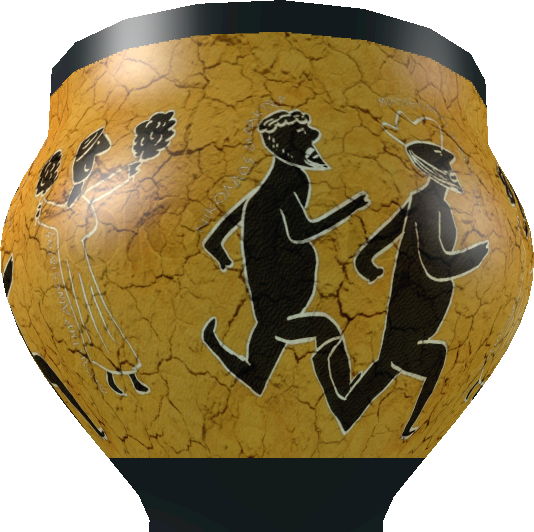Hm. Lara Novakov is right that there was reform of both script and vocabulary, but the emphasis isn’t right, and Philip Newton fine-tunes it in his comments to her answer:
And I think that vocabulary reform had a far greater effect than the script reform.
Parents could suddenly not understand their children anymore, because what used to be called “herbology” was now “wortlore”, and instead of “consists”, they said “bestands”, and so on.
Poul Anderson’s Uncleftish Beholding gives you a kind of flavour for how alien this can appear, even if most of the raw material is from “your” language. (In the case of Turkish, I believe there was also some borrowing form other Turk languages.)
For the vocabulary component, see Turkish language:
After the foundation of the Republic of Turkey and the script reform, the Turkish Language Association (TDK) was established in 1932 under the patronage of Mustafa Kemal Atatürk, with the aim of conducting research on Turkish. One of the tasks of the newly established association was to initiate a language reform to replace loanwords of Arabic and Persian origin with Turkish equivalents. By banning the usage of imported words in the press, the association succeeded in removing several hundred foreign words from the language. While most of the words introduced to the language by the TDK were newly derived from Turkic roots, it also opted for reviving Old Turkish words which had not been used for centuries.
Owing to this sudden change in the language, older and younger people in Turkey started to differ in their vocabularies. While the generations born before the 1940s tend to use the older terms of Arabic or Persian origin, the younger generations favor new expressions. It is considered particularly ironic that Atatürk himself, in his lengthy speech to the new Parliament in 1927, used a style of Ottoman which sounded so alien to later listeners that it had to be “translated” three times into modern Turkish: first in 1963, again in 1986, and most recently in 1995.
OP in his question comment asks:
Was it a “Catastrophic Success” as Geoffrey Lewis says?
The Turkish Language Reform : A Catastrophic Success, published in 1999. Geoffrey Lewis, as the major Western grammarian of Turkish would know. If you’re having to translate a speech made in 1927, then I’d say yes, you’ve succeeded all too well.
I defer to actual Turks (such as Oğuzhan .) to tell us how unintelligible Ottoman Turkish has become, ignoring the change of script. But that kind of thing is not characteristic of most language reform.
